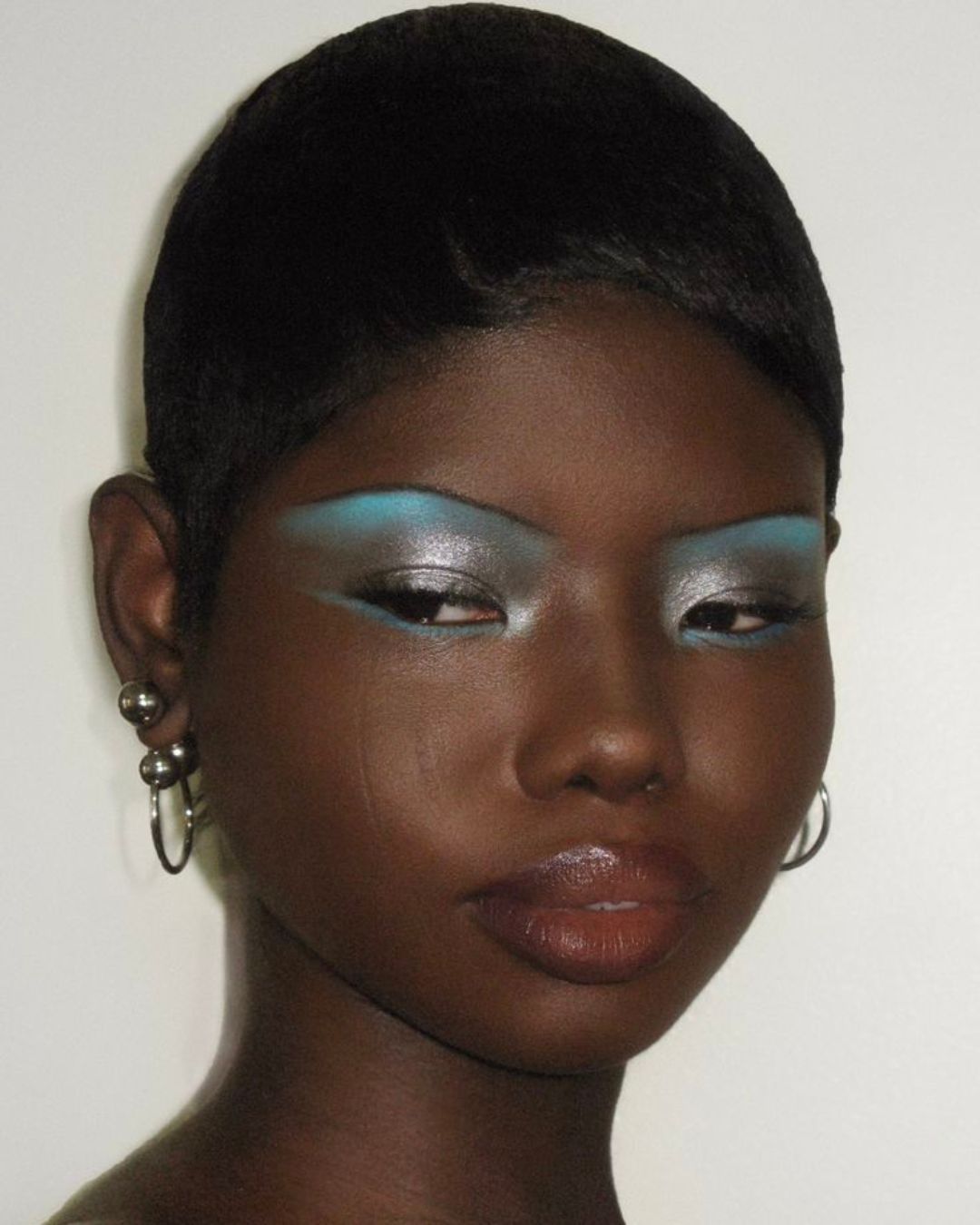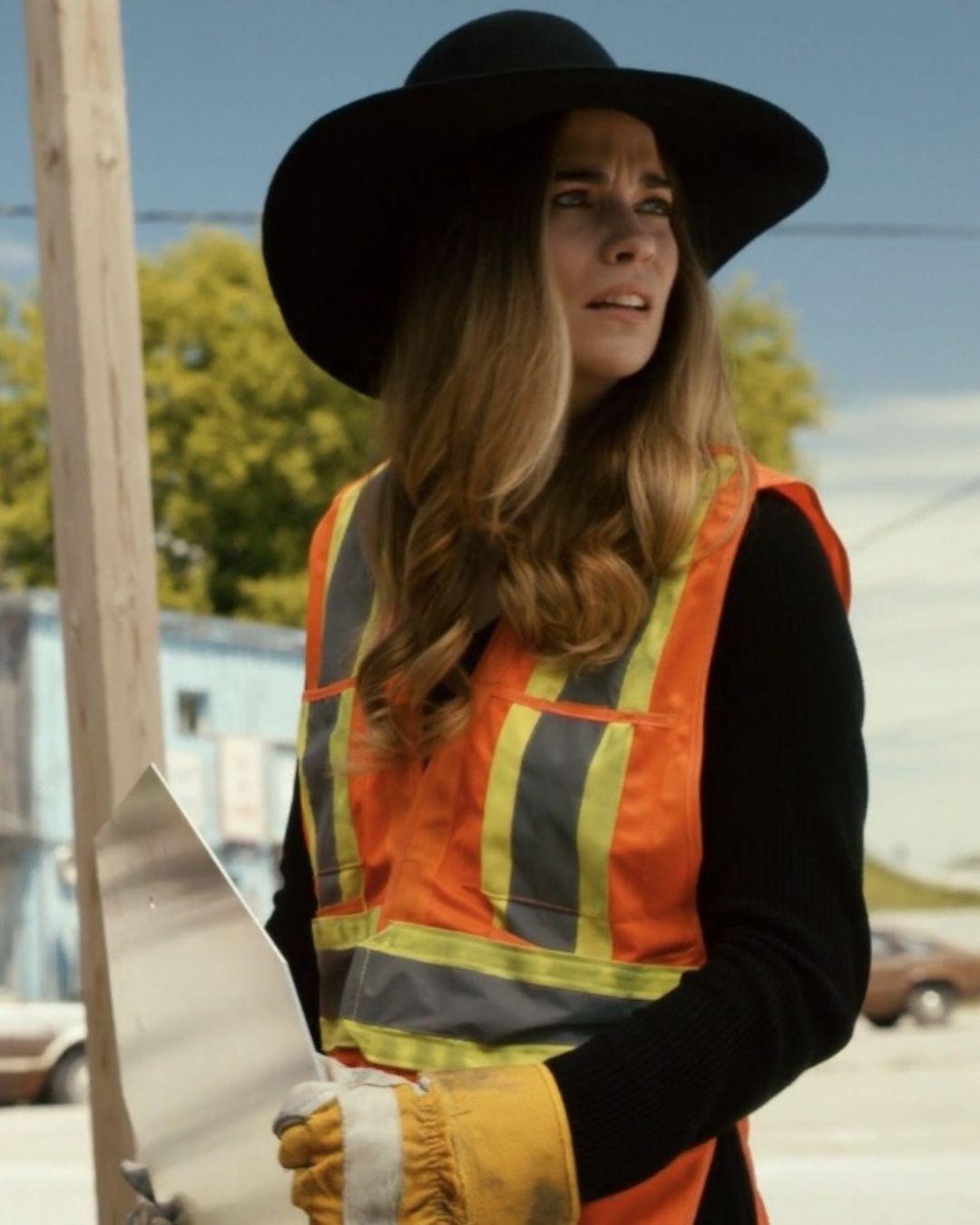
Olympo it's more interested in sports than in sex And luckily, we want to emphasize that
In the public imagination, and in the way its release has been marketed, Olympo is being sold as the new Élite. The producers, after all, are the same, but the Spanish show created by Jan Matheu, Laia Foguet, and Ibai Abad takes a step forward. Or rather, a dive. Set in the world of sports, with protagonists training in a highly qualified institute for future national athletes, the original Netflix title dives deeper where Élite only scratched the surface. This is due, of course, to the theme the series chooses to explore, no longer basing its storyline solely on emotional, sexual, and relational dynamics, but placing its characters within a more structured setting. One that still reflects the youthful, bold tone of its predecessor, born from an idea by Carlos Montero Castiñeira and Darío Madrona, and which reached its eighth (and final) season.
What is Olympo about? Themes and protagonists
At the core of Olympo is competition, in the purest athletic sense, exploring the primal need and desire to excel, striving for top results at any cost. Two perspectives clash in this Netflix show: on one side, the issue of doping, still highly controversial among fans and insiders; on the other, the question of what one is willing to do to achieve their goals through traditional and disciplined means. This double viewpoint centers around the character of Amaia (played by young actress Clara Galle) who follows a more “American dream” approach in chasing her victories and is the first to question what is suddenly making her teammates unexpectedly stronger and more prepared.
Anxiety, pressure, and the price of glory
A topic closely tied to the sponsor that gives the show its title, Olympo, and all the responsibilities it brings. The focus sharpens on the consequences of reckless decisions, often driven purely by money and marketing, pushing for results at the expense of the athletes, who risk becoming more like machines than real human beings. But it's not just about physical performance. The show also highlights the full spectrum of anxiety and pressure placed on the main characters, opening up a broader conversation. It questions not only how much one is willing to sacrifice for glory, but also how far society is prepared to push an athlete, both physically and mentally.
Olympo, review of new Netflix series
Themes of discussion that Olympo blends with the relationships formed by its ensemble cast, without ever letting these be overshadowed by the emotional and steamy aspects the show still wishes to offer, mainly to maintain a connection with the previously mentioned Élite and attract its fans. The show appears more mature, even if it still follows somewhat predictable dynamics and plot twists, but it truly emphasizes the hot topic of doping and its effects on both discourse and athletic performance, adding a new layer to Matheu, Foguet, and Abad’s production. Deliberately captivating and once again relying on the right faces to seduce viewers, Olympo doesn’t reinvent sports-themed series, but it seriously reflects on what it means to win at all costs. How the image of an athlete affects their performance, and even more so, how it influences public opinion, which ends up playing a decisive role when entering the field (or pool, in the case of synchronized swimming in the series). A production that doesn’t shy away from confessions, schemes, and secrets, while also trying to distance itself from them to clarify its narrative goal: to genuinely place athletes before a fundamental moral dilemma, one that perhaps every athlete has considered at least once in their life.























































